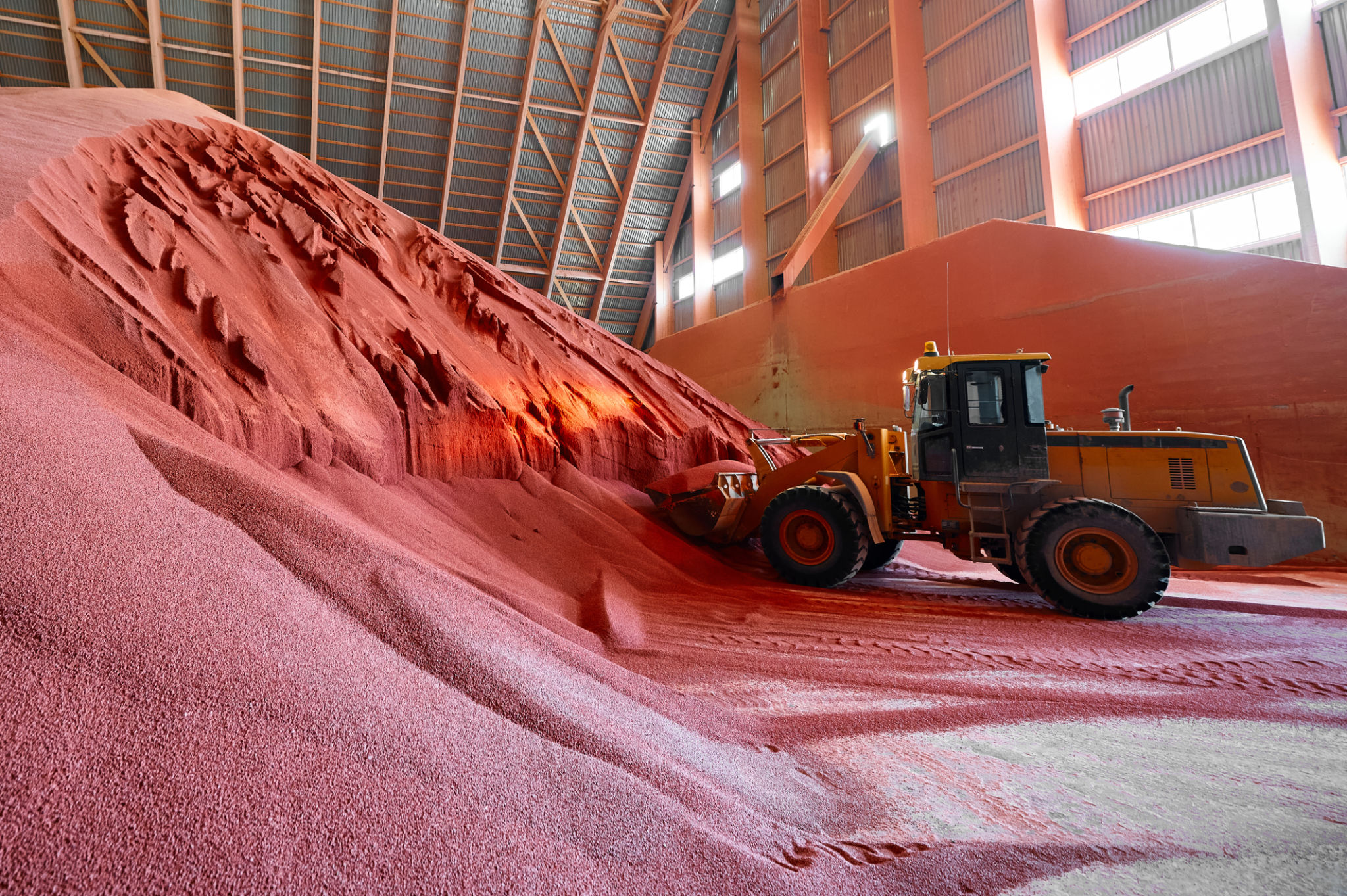Innovations in Phosphate Fertilizers: Enhancing Agricultural Productivity
Introduction to Phosphate Fertilizers
Phosphate fertilizers play a crucial role in modern agriculture, providing essential nutrients that enhance plant growth and productivity. As the demand for food continues to rise globally, the innovation in phosphate fertilizers becomes vital for sustainable agricultural practices.
Phosphorus, a key component of these fertilizers, is critical for photosynthesis, energy transfer, and nutrient movement within plants. However, traditional phosphate fertilizers face challenges such as low nutrient use efficiency and environmental concerns. Recent innovations aim to address these issues, offering new opportunities for farmers worldwide.

Advanced Formulations for Better Efficiency
One of the significant advancements in phosphate fertilizers is the development of enhanced efficiency formulations. These products improve nutrient uptake by plants and reduce losses to the environment. Controlled-release phosphate fertilizers, for example, release nutrients gradually, ensuring a consistent supply to crops over time.
Additionally, combining phosphate fertilizers with other nutrients or biostimulants can enhance their effectiveness. Such formulations ensure that phosphorus is more readily available to plants, reducing the chances of nutrient runoff and leaching into water bodies.
Microbial Solutions
Microbial solutions are another innovative approach gaining traction in the field of phosphate fertilizers. Beneficial microbes can solubilize phosphate in the soil, making it more accessible to plants. These microbes colonize plant roots, facilitating nutrient uptake and promoting healthy growth.

Research and development are focusing on identifying and cultivating the most effective microbial strains. By integrating these microbial solutions with conventional fertilizers, farmers can achieve higher yields and improved soil health.
Sustainable Sourcing and Production
As sustainability becomes a critical concern in agriculture, innovations in phosphate fertilizer production focus on minimizing environmental impact. This includes sourcing phosphate from sustainable mines and employing eco-friendly manufacturing processes.
Recycling phosphorus from organic waste is another promising avenue. By converting waste materials into valuable phosphate fertilizers, we can reduce dependency on non-renewable resources and promote circular economy principles in agriculture.

Technological Integration
The integration of technology with phosphate fertilizers is revolutionizing agricultural practices. Precision agriculture tools like sensors and satellite imagery allow farmers to apply fertilizers more efficiently, targeting specific areas that need nutrients.
- Improved nutrient management through precision farming
- Reduced environmental impact with targeted applications
- Cost-effective solutions for farmers
The Future of Phosphate Fertilizers
With continuous research and innovation, the future of phosphate fertilizers looks promising. The emphasis on improving nutrient use efficiency and sustainability will drive further advancements in this field. Stakeholders from various sectors are collaborating to develop solutions that meet the needs of modern agriculture while protecting our environment.
By embracing these innovations, farmers can enhance productivity, reduce costs, and contribute to global food security. As we move forward, the focus on sustainable and efficient phosphate fertilizers will remain integral to achieving a balanced agricultural ecosystem.

